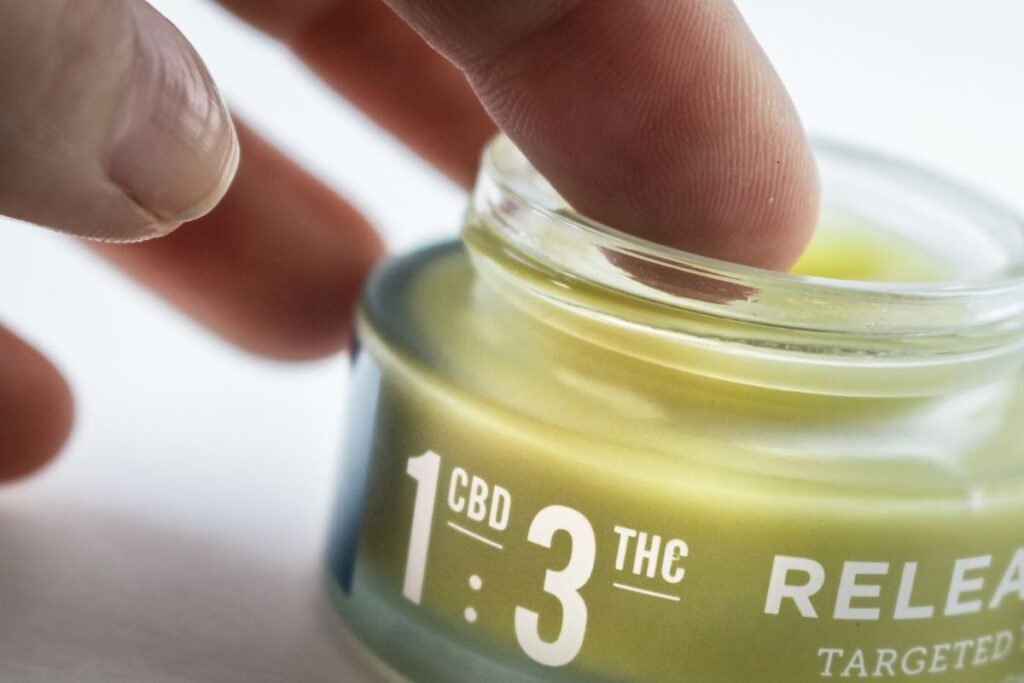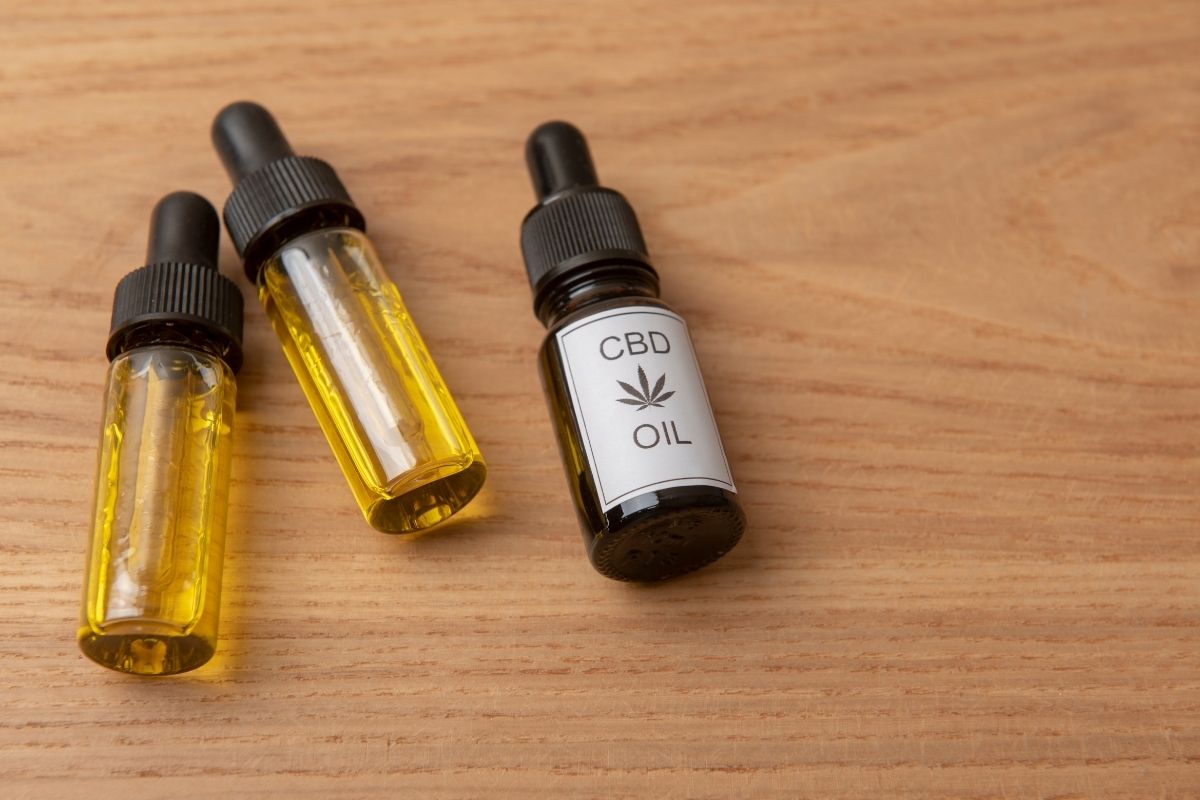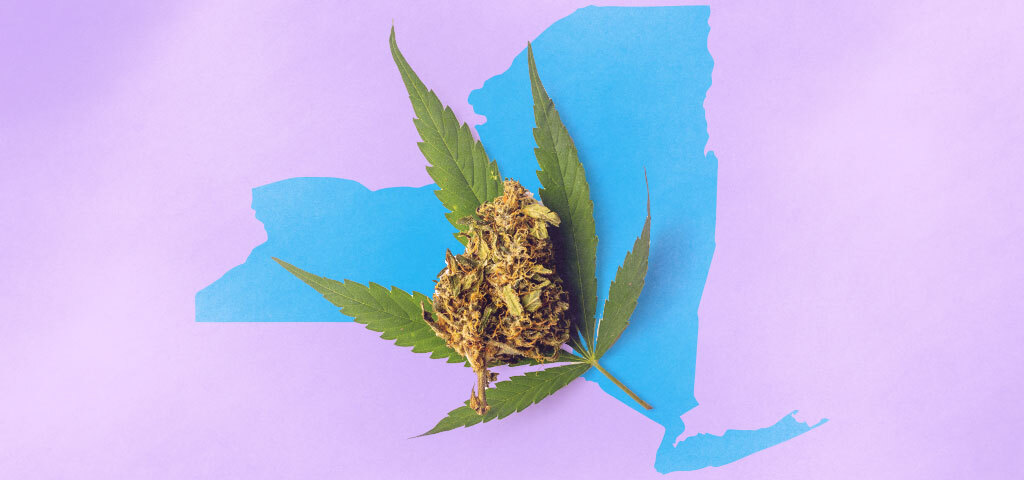Have you ever experienced chronic arthritis pain? If yes, then you’ve probably tried all the creams and other pain-relieving products available in the market. But did you know that the most controversial seven-leaf plant, cannabis, has something unique to offer for arthritis? Let’s find out here.
CBD for Arthritis

CBD may help to relieve arthritic pain, according to some research. Cannabis contains cannabidiol, or CBD, and similarities and many differences, or THC, and other compounds. On the other hand, CBD is non “psychoactive,” meaning it does not create intoxication or a high as THC does.
CBD has been demonstrated in several small trials to be an effective anxiety treatment and aid in sleeping children who have post-traumatic stress disorder. Last year, the FDA authorized the chemical as conventional medicine to treat uncommon, severe kinds of epilepsy.
So to answer the question if CBD can assist persons with arthritis and associated conditions managed with pain, it’s yes. According to patient testimonials and pilot studies, though the theory is still developing and requires further research.
CBD is generally considered acceptable on pain in two areas of the body, as per research: the uncomfortable spot, such as your joints, and the nervous system, which transmits pain signals to the brain when neurons and cells are stimulated or damaged.
Sativex, a cannabinoid-based mouth spray, was proven in 2006 to be an effective treatment for arthritic pain. CBD and THC are found in the cannabis compounds used by the business to produce the spray, though.
CBD’s ability to tamp down that reaction is one of the reasons it may be a viable treatment for arthritic pain. Anti-inflammatory qualities are another benefit of CBD. A reported infection can lead to inflammation in the body and the antibodies that attack healthy areas of your body, such as your joints, in autoimmune illnesses like rheumatoid arthritis.
How to Use CBD for Managing Arthritis Pain?

Patients and clinicians had to make their own decisions on whether or not CBD was a viable treatment option based on the availability and interest in the drug. That’s still mostly the case, but there have been some public guidelines.
Choosing a CBD product that has been independently evaluated for purity, potency, and safety is advised by the Arthritis Foundation, which states that a product that has acquired a “Good Manufacturing Practices” certification should be considered.
Make sure that CBD is part of an entire pain management strategy that includes non-medication choices like exercise and psychological support. Generally speaking, oral treatments are preferable to inhaled ones, and it’s essential to start with a modest dose.
The Arthritis Foundation also advises against using CBD as your primary source of pain treatment. Consider it if other therapies have not been successful enough to warrant it. People with rheumatoid arthritis or similar illnesses should not stop taking prescription drugs since they may be preserving their joints from potential harm.
Possible Risks of Using CBD as a Treatment
Lightheadedness, drowsiness and dry mouth are all possible side effects of CBD, usually regarded as harmless. Since CBD products aren’t regulated like prescribed medicines, there’s a risk of inaccuracies in their strength, purity, and interactions with other prescriptions.
A potential link between smoked cannabis and low birth weight newborns has been highlighted among pregnant women; however, it is unclear if this also applies to CBD. Even though the risk for addiction is deemed modest, some pain experts are concerned that CBD may interfere with the body’s natural pain management mechanism, leading to tolerance, such that greater dosages are required for the same effect.
Conclusion
Arthritis-related discomfort may benefit from the use of CBD. Additionally, the inflammation and pain might be reduced if CBD has the effect that researchers believe it does on the brain and immune system sensors.
Due to cannabis prohibitions, there is a lack of evidence supporting CBD’s advantages in human trials. However, as the legalization of cannabis spreads across the country, researchers are gathering speed and reporting positive results.
Medical Disclaimer:
The information provided in these blog posts is intended for general informational and educational purposes only. It is not a substitute for professional medical advice, diagnosis, or treatment. Always seek the advice of your physician or other qualified healthcare provider with any questions you may have regarding a medical condition. The use of any information provided in these blog posts is solely at your own risk. The authors and the website do not recommend or endorse any specific products, treatments, or procedures mentioned. Reliance on any information in these blog posts is solely at your own discretion.






